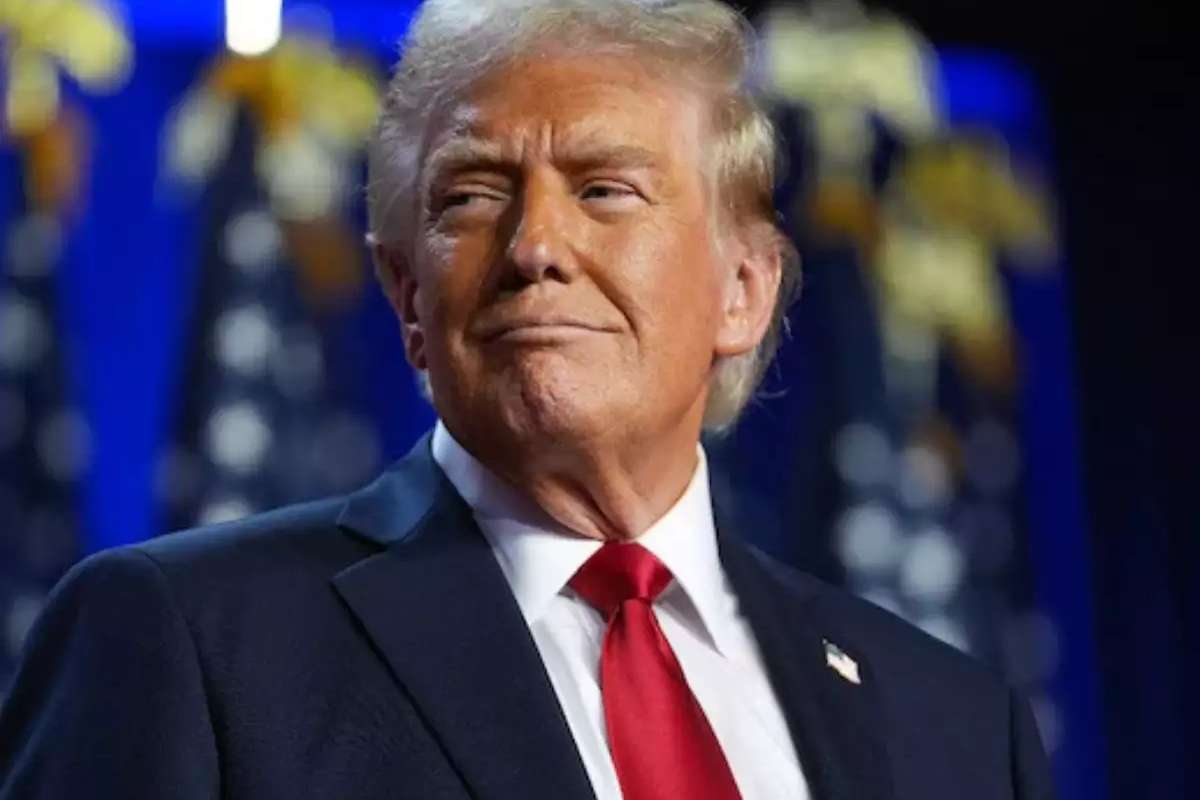Concerns Over Leadership and Vision
The Cybersecurity and Infrastructure Security Agency (CISA), created during Donald Trump presidency in 2018, faces an uncertain future as speculation grows about potential changes under a second Trump administration. CISA employees, many of whom contributed to safeguarding critical infrastructure and combating misinformation, are now apprehensive about how Trump’s governance style and alliances might impact the agency. During his previous tenure, Trump fired CISA’s director after the agency rejected his election conspiracy theories, transforming the once bipartisan agency into a frequent target for conservative critics.
Concerns are mounting over Trump presidency potential alignment with libertarian-minded figures like Elon Musk and his pledge to cut government spending and corporate oversight. Employees fear these factors could undermine CISA’s mission to defend U.S. government systems and support private and public sectors against cyber threats. Interviews with current staff suggest widespread unease about possible purges of civil servants and a shift in focus at the Department of Homeland Security (DHS) from cybersecurity to immigration enforcement. “We are all concerned about decisions that could negatively affect our mission,” one employee noted.
Trump presidency Challenges to Corporate Accountability and Election Security
Under President Biden, CISA spearheaded efforts to promote cybersecurity accountability in the private sector through initiatives like “secure by design” and “secure by default.” These campaigns urged companies to integrate free and automatic security features into their products, with hundreds signing on to pledge improved security standards. However, current staff anticipate that a Trump administration would deprioritize these efforts.
A U.S. cyber official remarked, “They do not think it’s the government’s role to make the private sector act in a certain way.” Many companies may abandon these commitments without executive support, diminishing the initiative’s impact. Additionally, draft regulations requiring critical infrastructure operators to report cyber incidents could be weakened under pressure from Trump’s team to appease private-sector interests.
CISA’s role in election security could also face drastic changes. The agency has already scaled back engagement with social media platforms following right-wing backlash but might be forced to halt election security initiatives entirely. Employees are particularly concerned about Trump’s DHS pick, Governor Kristi Noem, who has supported election conspiracy theories. One CISA staffer predicted, “The persecution of those involved in election security work will likely increase.”
Weakened Authority and Workforce Challenges
CISA’s gains under the Biden administration, including expanded authority and resources to protect federal networks, could be rolled back under Trump. Staff fear that reducing CISA’s power to oversee other agencies would hinder its ability to respond effectively to cybersecurity crises. “Taking away our authority would prevent us from protecting the American people,” an employee warned.
Budget cuts are another looming threat. Trump’s administration could slash CISA’s free services for state and local governments and critical infrastructure providers, weakening its national outreach. Staff also worry about the agency’s ability to attract top talent under politicized leadership. High-profile hires like cybersecurity veterans Bob Lord and Jack Cable may leave if they perceive a lack of commitment to meaningful security reforms.
With political tensions running high, some within CISA hope for a restructuring that separates the agency from DHS. Trump’s controversial immigration policies could exacerbate friction between CISA and DHS, with one employee lamenting, “People don’t want to be part of DHS if it prioritizes immigration crackdowns over cybersecurity.”
CISA employees remain focused on their mission, despite the uncertainty. “We’re burying ourselves in our work until we know what changes are coming,” one staffer said. With the agency’s role in defending critical infrastructure more vital than ever, the stakes for its future leadership and direction couldn’t be higher.






